As the eagerly awaited ruling in the New York Attorney General’s civil fraud trial against former President Donald Trump, his adult sons Eric and Don Jr., multiple Trump-owned companies, and others hangs in the balance, a new twist has emerged. Former federal Judge Barbara Jones, appointed as an independent monitor of the Trump Organization, has raised concerns about the validity of a reported $48 million loan to Trump from Chicago Unit Acquisition, an entity linked to his Chicago building.
In her recent letter to Judge Arthur Engoron, Jones not only highlighted various irregularities but also cast doubt on the very existence of the loan. This loan, reportedly made in 2012, was consistently listed as a liability in Trump’s financial disclosures from 2018 to 2021. However, Jones noted that in recent discussions with the Trump Organization, they asserted that the loan never existed.
The implications of this revelation are substantial, potentially involving Trump providing false information to the federal government and misleading the court-appointed monitor while under a court-ordered monitorship. Trump’s legal team has contested Jones’ account, stating that executives did not deny the loan’s existence and providing a memo claiming the loan was no longer due or payable.
The consequences of this discrepancy extend beyond the alleged $48 million loan. While attention has been drawn to potential tax implications if Trump received but never repaid the funds, the real focus should be on how these inconsistencies may impact Judge Engoron’s decision in the civil fraud trial.

Read more:
- No Trump Support: GOP Candidate Mazi Pilip in NY Won’t Back Trump if Criminally Charged
- Governor Hochul Signs Bill Redefining Rape in New York
- California Gun Control Law Back in the Legal Spotlight
- Iran Bombing Urged by Hawks, Barbara Lee Stands Firm on Peace
The New York Attorney General has requested Engoron to claw back $370 million in ill-gotten gains from Trump and other defendants. Additionally, they seek injunctive relief, including bans on Trump’s participation in the New York real estate industry and the service of Eric and Don Jr. as directors and officers of New York companies. The attorney general’s office argues that the defendants have a history of creating and using false financial documents, with a likelihood of recurring misconduct even after the appointment of the court monitor.
Jones’ revelation about the disputed loan adds a compelling layer to the case. If there was never a $48 million loan, it raises questions about the accuracy of Trump’s financial disclosures and potentially exposes him to charges of providing false information. This discrepancy could further strengthen the attorney general’s case for injunctive relief, showcasing a pattern of fraudulent conduct persisting even under the court’s watch.
The ongoing trial underscores the complexity of the legal battle against Trump and the potential far-reaching consequences of the alleged financial misrepresentations. Engoron’s ruling, expected imminently, will be closely scrutinized, considering the mounting evidence of irregularities and the significant impact it could have on the future activities of Trump and his family members within the New York business landscape.
As the legal drama unfolds, the revelations surrounding the contested $48 million loan may become a pivotal factor in shaping the court’s decision. It not only adds a layer of intrigue to the proceedings but also raises critical questions about the integrity of financial disclosures and the accountability of high-profile figures in the face of allegations of financial impropriety. The eyes of devoted trial watchers remain fixed on the courtroom, awaiting the next chapter in this high-stakes legal battle.








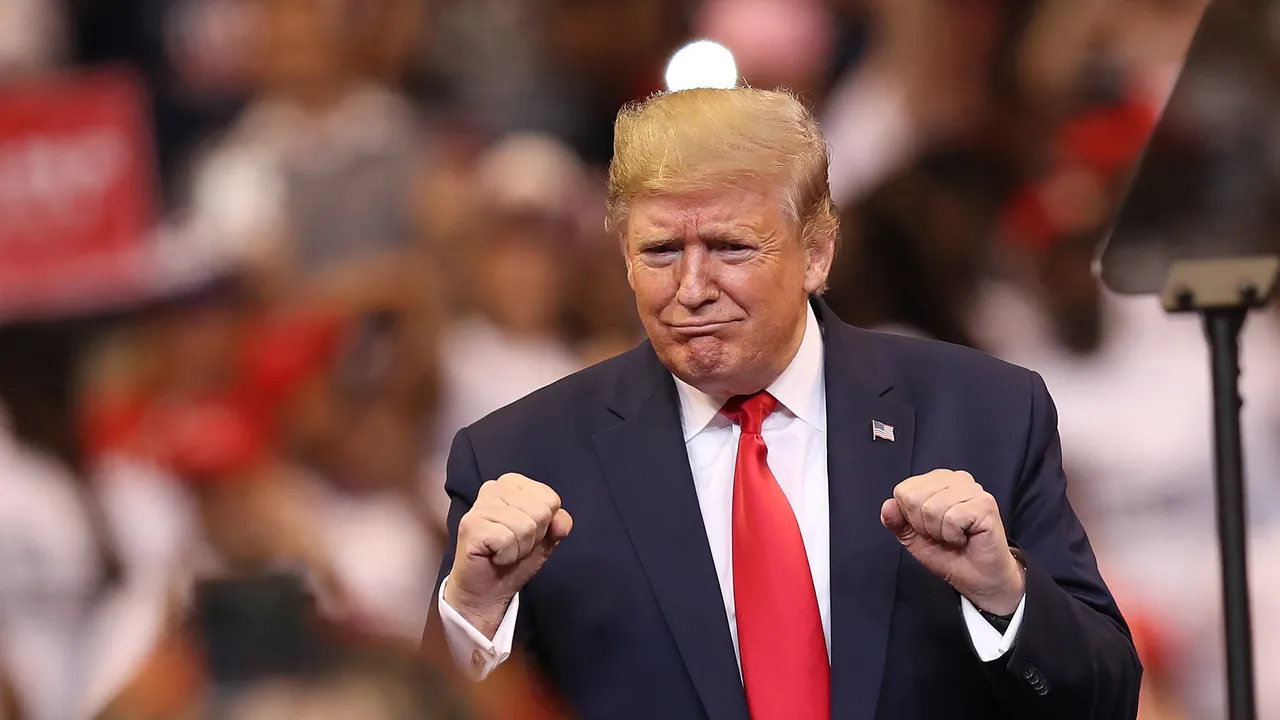


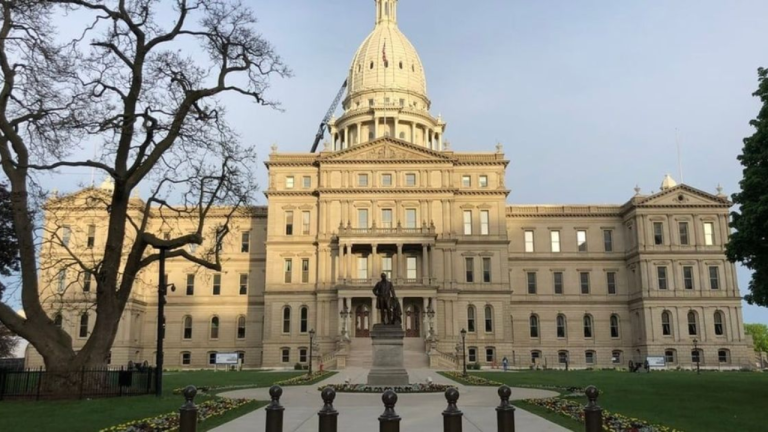



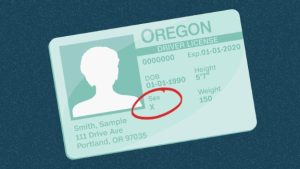
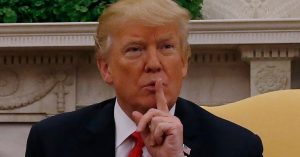
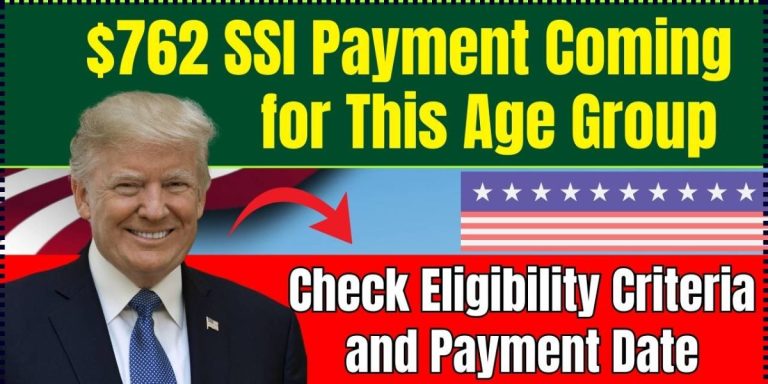






+ There are no comments
Add yours